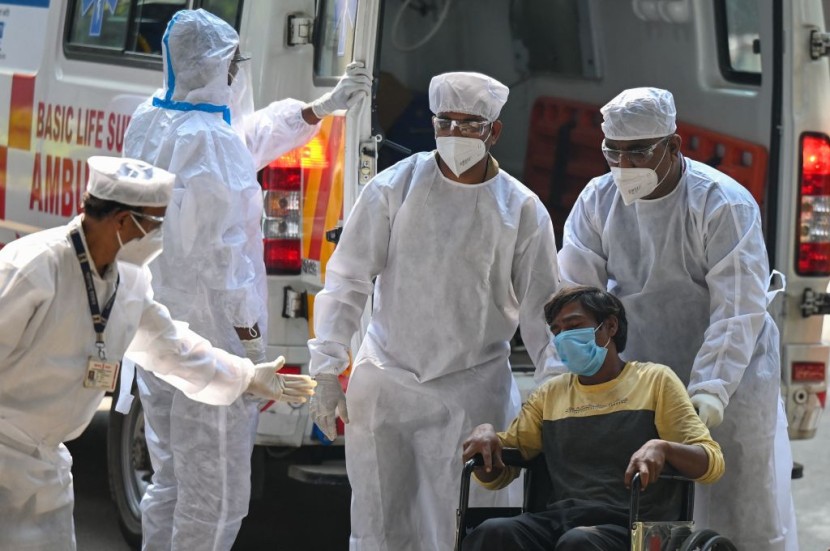
"Arcturus" is a novel strain of the Covid-19 virus, which has been blamed for a recent uptick in infections in India.
In the past month alone, the number of reported cases of the Omicron sub-variant XBB.1.16 strain has increased by a factor of 13, threatening a catastrophic pandemic, poising to wreak havoc throughout the nation.
Surge in India
India's health ministry has begun conducting simulated patient evacuations this week in response to a spike in reported cases. According to The Independent, this is to gauge whether hospitals are ready for a potential surge in patients.
Some states have reinstated mandatory face-covering laws, the first time this has happened in almost a year.
After its first detection at the end of January, the World Health Organization (WHO) began keeping an eye on Arcturus, also known as XBB.1.16, since experts noted that it had certain worrying alterations.
"It's been in circulation for a few months," said Dr. Maria Van Kerkhove, the WHO's technical lead for Covid.
"We haven't seen a change in severity in individuals or in populations, but that's why we have these systems in place ... It has one additional mutation in the spike protein, which in lab studies shows increased infectivity as well as potential increased pathogenicity."
While XBB.1.16 had been found in other nations, Dr. Van Kerkhove pointed out that most sequences came from India, replacing previous versions.
This week, India's total number of cases increased by 3,122 overnight. A total of 40,215 cases of Covid infection were reported to the country's health ministry on Wednesday, April 12.
According to virologist Professor Lawrence Young of the University of Warwick, the spread of the novel strain in India indicates that "we're not yet out of the woods."
Professor Young emphasized the need to monitor the situation. Finding out whether a newly discovered variation is more infectious, disease-causing, or pathogenic is essential when dealing with outbreaks.
Also Read : WHO Advisors' Updated Guidance Related to COVID-19 Says Healthy Adults Do Not Need Annual Booster Shots
What's next?
The government is asking individual states to conduct more frequent virus testing.
Veena George, the health minister for the southern Indian state of Kerela, has reinstated the usage of masks for the elderly, pregnant women, and those with underlying diseases.
Moreover, The Guardian reported that the Serum Institute of India committed to begin producing 6-7 million more doses of the Covid vaccination Covidshield, also known as Oxford/AstraZeneca in the UK.
Many people lost their lives when a second wave of Covid struck India in March 2021, and hospitals throughout the country were unable to cope due to a lack of beds, medications, and oxygen.
The official death toll in India due to Covid-19 is 530,901. However, WHO and other experts say this is likely an underestimate, and they accuse the government of hiding the exact number of fatalities. According to the WHO, by the end of 2021, due to the Delta wave, over 4.7 million individuals in India had died from Covid. This is roughly 10 times more than the official data indicated.
© 2026 HNGN, All rights reserved. Do not reproduce without permission.








